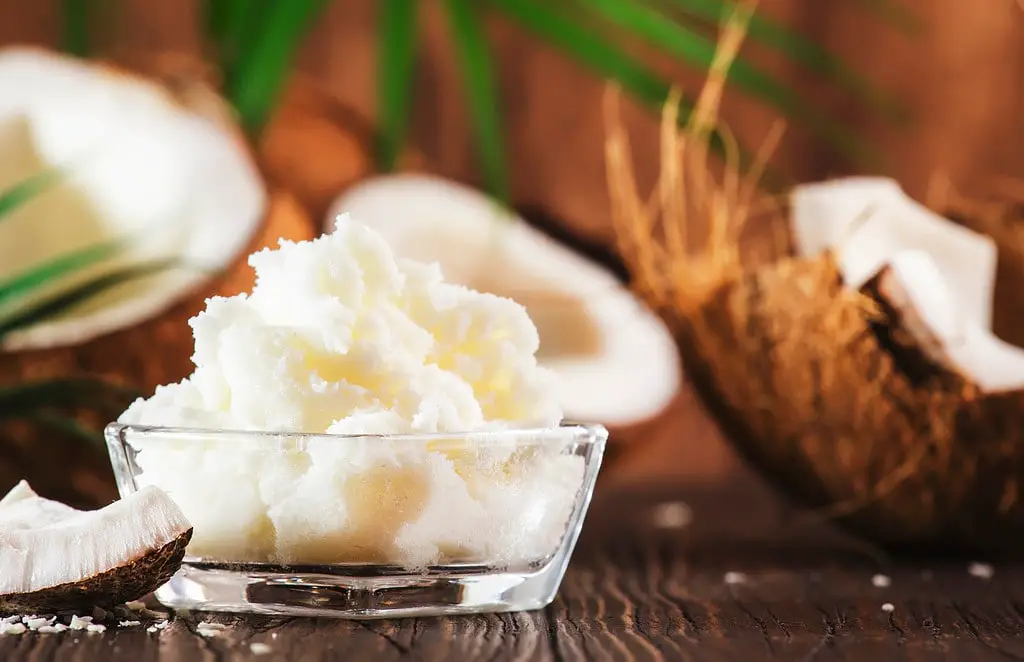How to Clean Small Kitchen Appliances Like a Pro in 2023?
In the world of beauty and self-care, cleanliness is of utmost importance. Keeping your environment tidy extends beyond your beauty tools; it includes the very appliances in your kitchen that you rely on. This article will delve into how to clean small kitchen appliances effectively, making them sparkle and shine for your next culinary adventure.
Whether youre whipping up organic juices or preparing healthy meals, having clean appliances not only improves aesthetics but also enhances functionality. Today, we will guide you through various methods and tips to ensure your appliances are in top shape.

Why Cleaning Small Kitchen Appliances Is Important
Many might overlook the necessity of regularly cleaning small kitchen appliances. Yet, it can significantly impact not just the hygiene of your kitchen but also the flavors of the food you prepare. Most appliances accumulate grease, food particles, and even bacteria over time.
For beauticians who value a pristine environment, this holds even greater significance. Clean appliances mean a cleaner kitchen, which in turn fosters an overall impression of professionalism and care. The following sections will guide you on how to clean small kitchen appliances in a systematic way.

Essentials for Cleaning Small Appliances
Before diving into the cleaning process, lets gather the essentials.
Supplies You Will Need
- Microfiber cloths
- Dish soap
- White vinegar
- Baking soda
- Old toothbrush or small scrub brush
- Warm water
These supplies can help remove grime and restore the shine of your appliances. With your cleaning kit ready, lets move to specific appliances.

Step-by-Step Guide: Cleaning Your Kitchen Appliances
1. Cleaning a Coffee Maker
Your coffee maker can accumulate coffee grounds and oil, which can alter the taste of your brew. Start by emptying any leftover coffee.
Fill the water reservoir with a mixture of equal parts of water and white vinegar. Run a brew cycle, then run two cycles of fresh water to rinse it out, ensuring its clean.
2. Cleaning a Blender
To clean a blender, fill it halfway with warm water and add a few drops of dish soap. Blend for 30 seconds, then rinse. For stubborn stains, sprinkle some baking soda inside and scrub with a damp cloth.
3. Cleaning a Microwave
The microwave often gathers food splatters. To clean it effortlessly, place a bowl of water with a little vinegar inside and heat on high for five minutes. This will loosen any grime, making it easy to wipe down.
4. Cleaning a Toaster
First, unplug the toaster and shake it over the sink to remove crumbs. Use a damp cloth to wipe the exterior. For the interior, a soft brush or toothbrush can help remove stubborn crumbs.
5. Cleaning a Food Processor
After disassembling the food processor, soak each component in warm soapy water. Use a brush to scrub if necessary. Make sure the motor base is wiped down with a damp cloth.

Specific Cleaning Tips for Different Appliances
Rice Cookers
Cleaning rice cookers entails wiping the exterior and removing the inner pot for cleaning. Always consult the manufacturer's guide for specific instructions.
Electric Griddles
To clean electric griddles, wait until it completely cools down. For stubborn stains, use a mixture of baking soda and water, applying gently using a cloth.
Routine Maintenance for Your Appliances
Establishing a regular cleaning routine for your small kitchen appliances can prolong their lifespan and maintain hygiene. Make it a habit to perform deep cleans weekly or bi-weekly, depending on use.
Additional Resources
For more cleaning tips, check out these helpful articles: Cleaning Cabinets, Exhaust Fan Tips, Granite Cleanse.
Frequently Asked Questions
How often should I clean my small kitchen appliances?
Make it a habit to conduct basic cleaning after every use, and deep clean weekly or bi-weekly.
Can I use vinegar to clean all appliances?
Vinegar is excellent for many appliances. However, always check the manufacturer's guidelines to avoid damage.
What should I avoid when cleaning appliances?
Avoid using abrasive sponges as they can scratch surfaces and damage finishings.
As an Amazon Associate, I earn from qualifying purchases.

